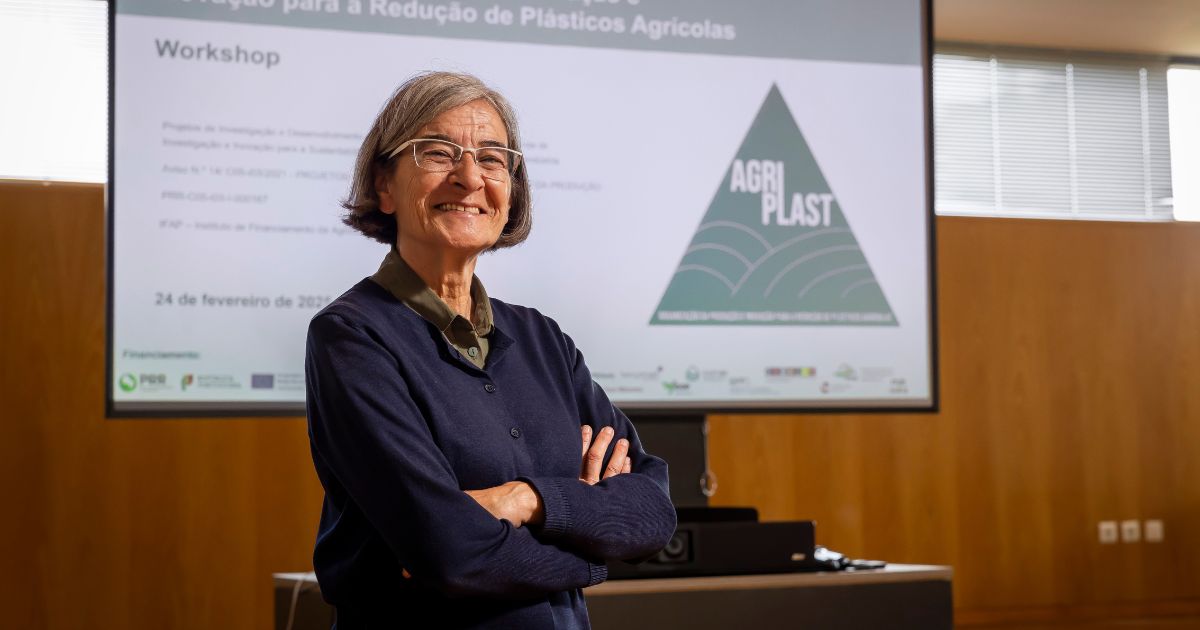Graça Martinho in Público newspaper “Portugal fails in waste reduction policies”
On International Zero Waste Day, several experts drew attention to the growing problem of waste in Portugal and the urgency of taking action. The date, created by the United Nations, serves as a reminder of the importance of producing less waste and treating it correctly. 
MARE researcher Graça Martinho warns that Portugal is far from meeting European targets for reducing and recycling waste. Although there are European laws and plans to improve this situation, such as the so-called “circular economy”, which encourages reuse and recycling, the results in Portugal are still poor.
Between 2013 and 2020, the amount of urban waste (that which we produce at home or in cities) increased by around 15%. In 2023, more than 5 million tons of waste were produced, practically the same as the previous year.
One of the biggest problems is that most waste still ends up in the wrong bin. In 2023, 76% of waste was placed in the unsorted bins (the “normal waste”) and often ended up in landfills - places where waste is buried. Only 32% was recycled, when the target for 2025 is 55%.
According to Graça Martinho, there is an urgent need to change the way we collect and treat waste. To do this, the researcher suggests:
- Better separation of waste, including food and garden waste (so-called bio-waste), something that should have been in place since 2023;
- Create a fair payment system, where you pay according to the amount of waste you produce (called PAYT - Pay-as-you-throw), instead of paying based on water consumption, as is the case now;
- Launching a system for returning packaging, such as plastic bottles and cans, which would allow people to receive money back when they hand in these materials. This system is scheduled for 2026, but is already four years behind schedule;
In recent years, researchers from MARE's waste group have been collaborating with public bodies to create plans and tools to help improve the way we treat waste. One example is the Pack4Sustain project, which helps companies create packaging that is more environmentally friendly and easier to recycle.
But, as the expert says, none of this will be enough without a change in the way we consume and produce. For the researcher, we need to create products that last longer, produce less waste and learn to see waste as resources that can be reused or recycled.
Read the researcher's opinion piece HERE
Written by Patrícia Carvalho
